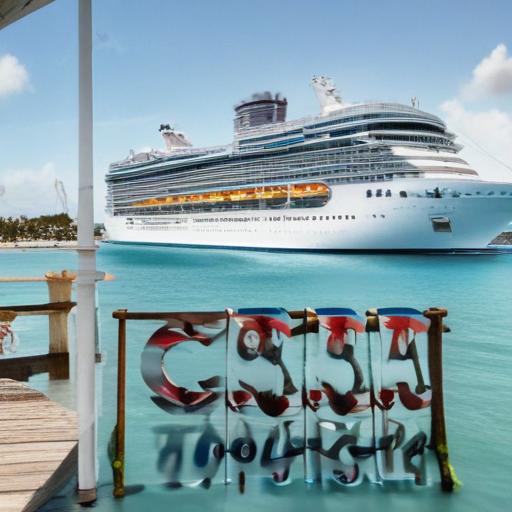The Bahamas is set to implement new tax measures that will impact the private islands owned by major cruise lines such as Royal Caribbean, Carnival, Norwegian, Disney, and MSC. This decision responds to growing concerns that local communities are not receiving an adequate share of the substantial revenues generated by these exclusive attractions. The government aims to address this disparity by taxing goods, services, and water sports rentals at these private islands, ensuring that cruise lines contribute more significantly to the national economy.
This move aligns with an international push led by countries including the US, UK, Canada, Germany, Japan, Italy, and France, which advocate for a fairer distribution of tourism profits that benefit local economies. The current landscape of cruise tourism has seen significant investments in the Caribbean, with cruise lines expanding their fleets and acquiring private islands for exclusive use.
Despite this trend, recent developments indicate a potential shift in the Caribbean’s relationship with the cruise industry. Other countries, particularly in Europe and the South Pacific, have begun to impose taxes and restrictions on cruise operations, challenging the historically accommodating stance of destinations like the Bahamas. This proposed taxation signals a change in policy that could lead to increased tensions.
The economic impact of cruise tourism in the Bahamas is substantial, with an estimated 9.4 million cruise visitors in 2024 alone, a 20.3% increase from the prior year, representing nearly 83.4% of the total tourist influx. However, Prime Minister’s remarks highlighted that most financial benefits from private islands remain with the cruise lines rather than being reinvested into the local economy. The introduction of new taxes on imports, services, work permits for crew members, and exclusive local contracts for water sports rentals aims to push for a greater local economic share.
Should these proposals pass, they could challenge the profit models of the major cruise lines. Notably, the dynamic is more complex for the Bahamas, where about 83% of tourism revenue is derived from cruise activity, making the economy highly sensitive to how these relationships evolve. Hence, a deterioration in relations with the cruise industry could have detrimental effects on the nation’s economic stability.
Despite potential resistance from the cruise lines, which have made significant investments in the Caribbean, the situation presents an opportunity for the Bahamas to negotiate terms that could align both party’s interests. Comparisons can be drawn to Mexico’s recent introduction of new cruise taxes, which, after negotiation, resulted in a more palatable approach for the cruise industry while still ensuring some revenue returns to the local economy.
The Bahamian government’s approach to ensuring that local communities benefit from the tourism that thrives in their waters may signify a new chapter for cruise tourism in the Caribbean. This change could redefine how cruise lines engage with local economies, potentially fostering a more sustainable and mutually beneficial relationship going forward.
